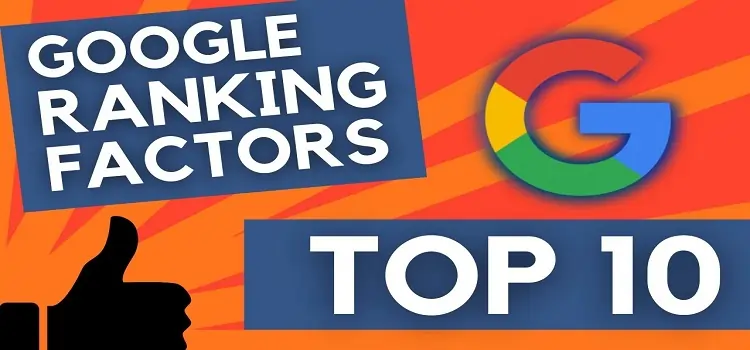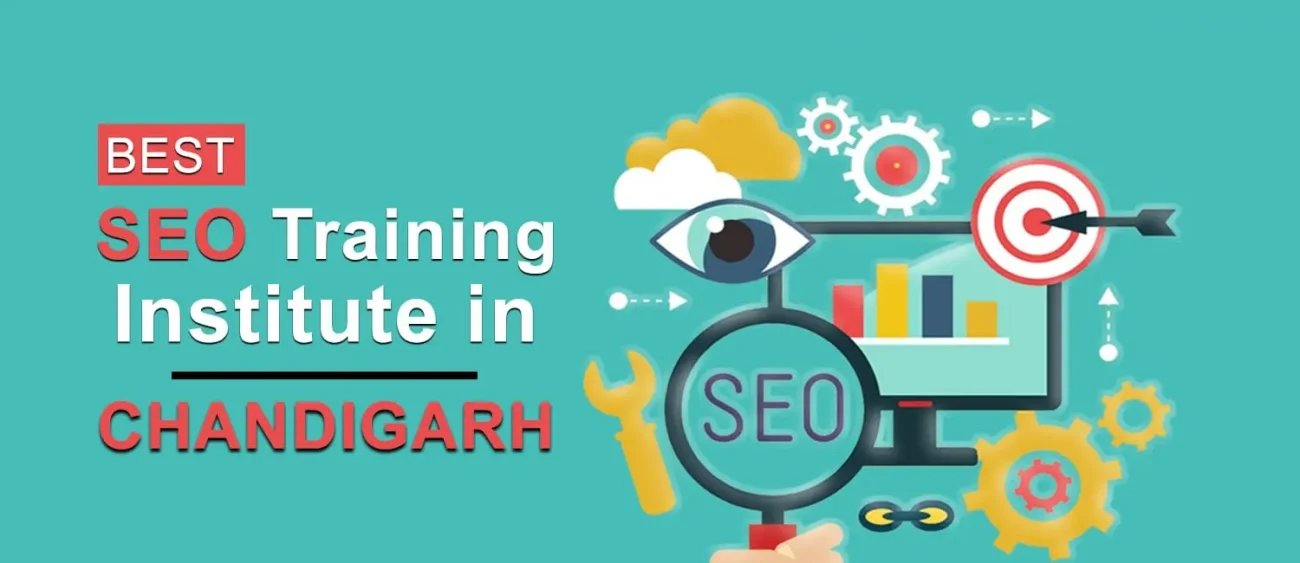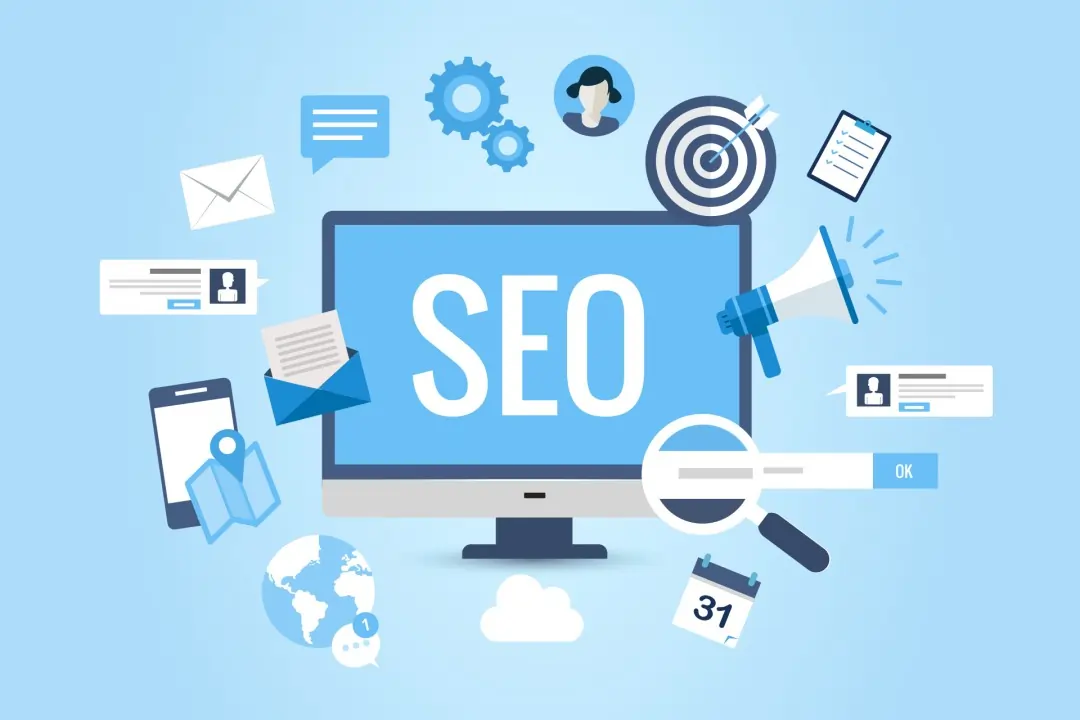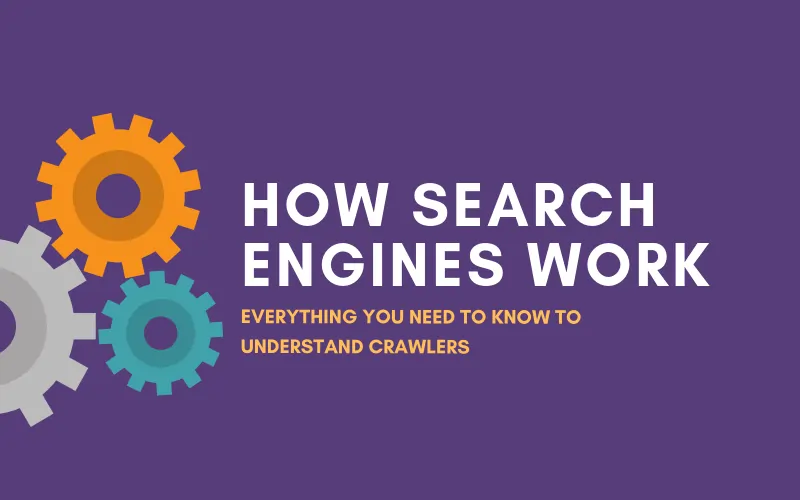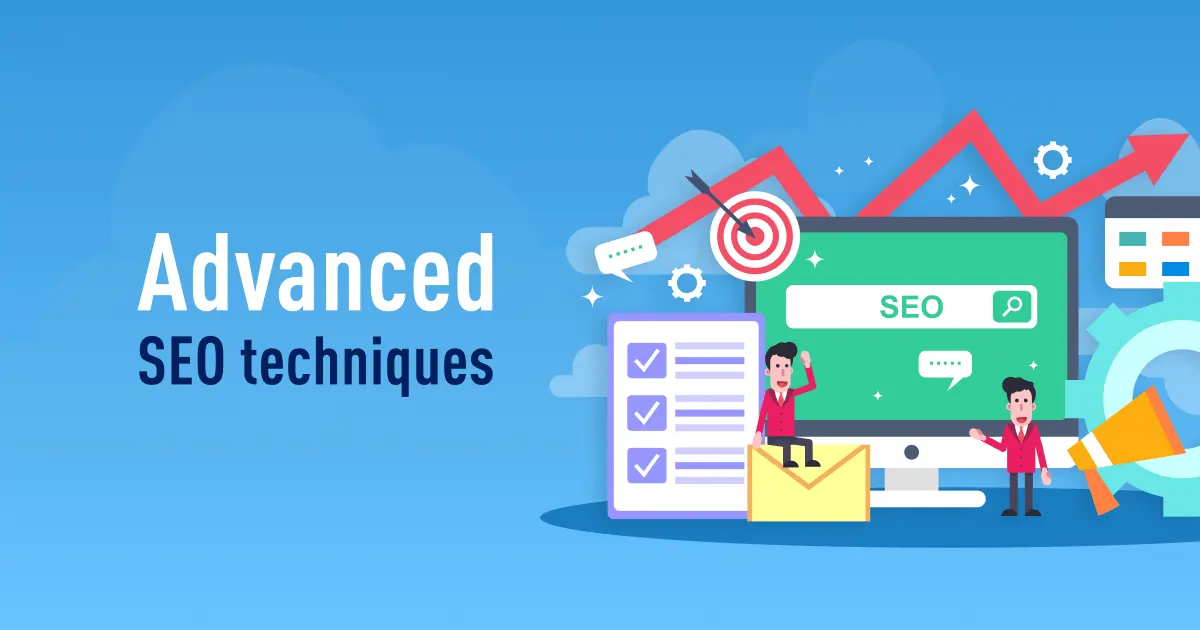What is SEO ?

What is SEO ?
A Comprehensive Guide to Search Engine Optimization
Welcome to our comprehensive guide on search engine optimization (SEO). In this article, we will delve into the world of SEO, exploring its meaning, importance, and best practices. Whether you are a business owner, marketer, or aspiring SEO professional, this guide will provide you with valuable insights to improve your online presence and increase organic traffic to your website.
Understanding SEO
SEO, short for search engine optimization, is the process of optimizing a website to improve its visibility and rankings on search engine results pages (SERPs). It involves various techniques and strategies aimed at increasing organic (non-paid) traffic from search engines like Google, Bing, and Yahoo.
Why SEO Matters
In today’s digital age, where online competition is fierce, SEO has become an integral part of any successful online marketing strategy. Here are some reasons why SEO matters:
- Increased Visibility: By optimizing your website for relevant keywords, you increase its chances of appearing higher in search engine rankings. This increased visibility leads to more exposure and potential organic traffic.
- Targeted Traffic: SEO helps attract visitors who are actively searching for products, services, or information related to your business. These visitors are more likely to convert into customers, subscribers, or loyal followers.
- Cost-Effective: Unlike paid advertising, SEO offers a long-term, cost-effective solution for driving organic traffic. While it requires an investment in time and resources upfront, the ongoing benefits can outweigh the initial expenses.
- Credibility and Trust: Appearing on the first page of search results instills confidence and trust in your target audience. Users tend to associate higher rankings with credibility, which can positively impact your brand perception.
The Basics of SEO
To better understand SEO, let’s explore its key components:
On-Page SEO
On-Page SEO focuses on optimizing individual web pages to improve their rankings and relevance. It involves optimizing elements such as:
- Title Tags: These HTML tags provide a concise description of a webpage’s content and should include the target keyword.
- Meta Descriptions: These snippets of text appear in search results and provide a brief overview of the webpage. They should be compelling and contain the target keyword.
- Heading Tags (H1, H2, H3): These tags structure the content and help search engines understand the hierarchy of information on a webpage.
Off-Page SEO
Off-Page SEO refers to actions taken outside of your website to improve its rankings. It includes strategies like:
- Link Building: Acquiring high-quality backlinks from reputable websites helps improve your website’s authority and visibility.
- Social Media Marketing: Engaging with your audience on social media platforms can increase brand exposure and drive traffic to your website.
Technical SEO
Technical SEO focuses on optimizing the technical aspects of a website to improve its crawlability and indexability. It involves:
- Website Speed: Optimizing page load times for better user experience and search engine rankings.
- Mobile-Friendliness: Ensuring your website is responsive and performs well on mobile devices.
Mobile SEO
With the increasing use of smartphones, Mobile SEO has become crucial. It involves optimizing your website for mobile users, including:
- Responsive Design: Ensuring your website adapts and displays properly on different screen sizes.
- Mobile-Friendly Content: Creating content that is easy to read and navigate on mobile devices.
Local SEO
Local SEO focuses on optimizing your website to appear in local search results. It is particularly beneficial for businesses targeting a specific geographic area. Key elements of local SEO include:
- Google My Business: Creating and optimizing your business profile on Google to improve local visibility.
- Local Citations: Ensuring your business information (name, address, phone number) is consistent across online directories.
SEO Analytics and Reporting
To measure the effectiveness of your SEO efforts, it is essential to analyze data and generate reports. By monitoring key metrics, you can gain insights and make informed decisions. Some important SEO analytics include:
- Organic Traffic: The number of visitors coming to your website through organic search results.
- Keyword Rankings: Tracking the positions of your target keywords in search engine results.
SEO Trends
The field of SEO is constantly evolving, driven by advancements in technology and changes in user behavior. Here are some current trends and future considerations:
- Voice Search Optimization: With the rise of voice assistants, optimizing for voice search queries is becoming increasingly important.
- User Experience (UX): Search engines prioritize websites that provide a positive user experience. Factors like site speed, mobile-friendliness, and intuitive navigation are crucial for SEO success.
Conclusion
In conclusion, understanding and implementing SEO strategies is vital for improving your website’s visibility and attracting organic traffic. By optimizing your website’s on-page elements, off-page factors, technical aspects, and mobile compatibility, you can enhance your online presence and outrank your competitors. Stay informed about the latest SEO trends and regularly monitor your website’s performance to adapt to evolving search engine algorithms.
FAQs
Q:1 What is SEO?
SEO stands for search engine optimization. It is the process of optimizing a website to improve its visibility and rankings on search engine results pages.
Q:2 How long does it take to see results from SEO?
The time to see results from SEO can vary depending on various factors such as website age, competition, and the extent of optimization. Generally, it takes several months to see noticeable improvements.
Q:3 Are there any risks in SEO?
While SEO is generally safe and effective, some practices, such as using manipulative tactics or engaging in link schemes, can result in penalties from search engines. It’s essential to follow ethical and best practices for long-term success.
Q:4 Can I do SEO on my own, or should I hire a professional?
SEO can be done by individuals with a good understanding of its principles and techniques. However, hiring a professional SEO agency or consultant can provide expertise and save time in implementing advanced strategies.
Q:5 Is SEO only for large businesses?
SEO is beneficial for businesses of all sizes. It helps small and local businesses compete with larger players by improving their online visibility and attracting targeted organic traffic.
Q:6 How can I stay updated with the latest SEO trends?
To stay updated with the latest SEO trends, follow reputable industry blogs, attend conferences, and engage with SEO communities. Google’s official webmaster guidelines are also a valuable resource.


